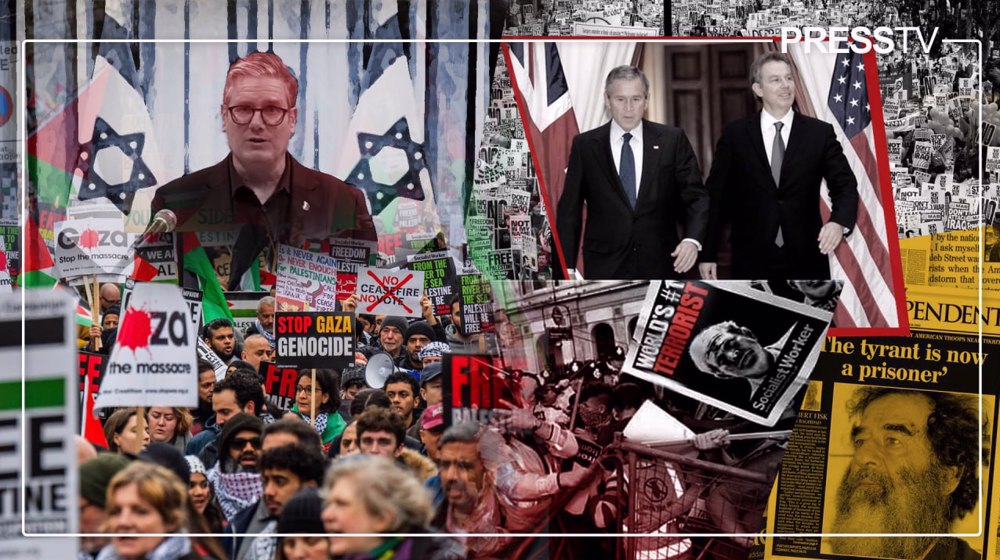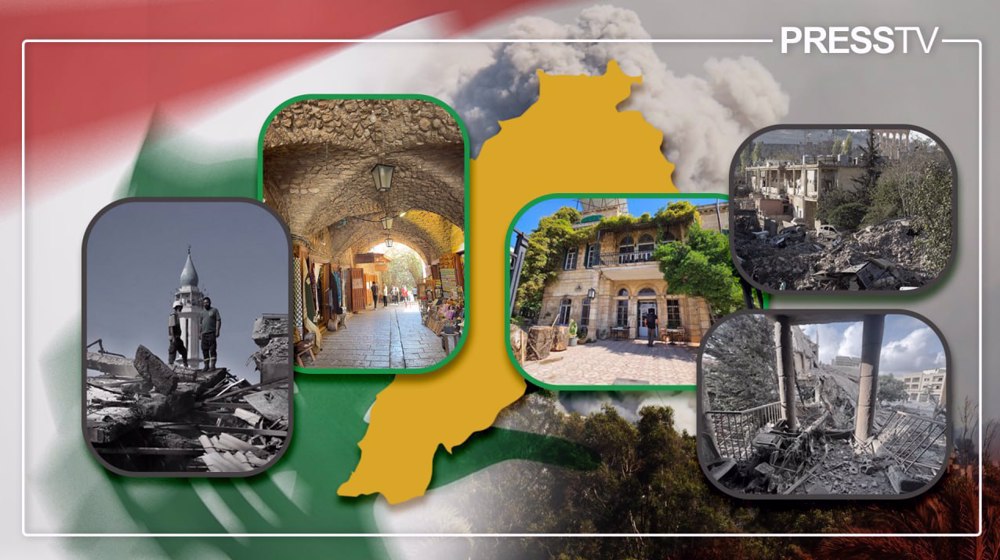What UK parties face up ahead after elections
By Jane Calvary, investigative journalist
After years of conjecture, months of political feuds and weeks of rallying and counter-rallying, Britons finally went to the polls on 7th May 2015 for the first national elections in 5 years. It was a tight race until the last hours before the elections. Two traditional main parties, Labor and Conservative, were almost neck and neck, with polls showing Tories ahead with an as little as 0.1-percent lead. But the day after the elections, Britain woke up to the results that no one expected.
The Conservative won enough seats to govern alone, having made significant inroads into Liberal Democrat territory while fending off Labour in key two-way marginals. In the South, Conservatives did well encroaching into Liberal Democrat territory.
Although the victory brought Tory members immense joy, in only a matter hours they were asking themselves what this victory means and how is David Cameron going to govern with the majority?
It is now an undeniable fact that in the next five years, Tories are to govern the country with great difficulty. Their victory is not a significant majority. It is a triumph in the sense that no one was expecting any majority at all.
Cameron has no choice but to be dependent upon the right flank of his own party. He will have to appease those Tories who don’t particularly like him and disagree with him on issues like Europe, immigration and much else. He won’t have to wait very long for it to become quite problematic.
The Conservative victory has implications for other parties in British politics, too.
They have already started to take a long hard look at themselves and think how on earth they can possibly get back.
{{Gallery}}
Tony Blair once said that when elections boil down to a traditional right-of-centre party versus a traditional left-of-centre party in Britain, the right-wing party will tend to prevail. That was the exact scenario that happened in these elections. The night after the elections was a terrible night for Labour, whose several high-ranking figures lost their seats. Jim Murphy, the Scottish labour leader, lost East Renfrewshire seat to his SNP rival. He had previously said Scottish Labour wouldn’t lose a single seat to the Scottish nationalists. Douglas Alexander, a former shadow foreign secretary and Ed Miliband’s election chief lost to a 20-year-old Scottish nationalist. And former shadow chancellor Ed Balls lost his seat in the Morley and Outwood constituency in West Yorkshire by 422 votes. The most major vote swing was from Labour up into the SNP territory. Labour has an enormous problem in Scotland and it is hard to see how it can do very much about that in the short term. There will be elections in 2016 and they need to think about how they can possibly be on their way back in time for that. Labour has to also think about England and Wales. There are so many parts of those countries now that are turned to no-go areas for Labour. They really have to think about how they can elect a leader who can appeal to people in England, where there are so many votes.
They had a choice of leader five years ago; David Miliband and Ed Miliband were the options. Many still find it astounding that Labour chose Ed over David. One of those two guys looked like a plausible prime minister possibly by virtue of having been foreign secretary for three years, and that was David. In addition, Ed was much more ideologically committed to the left of his party, which meant he never challenged Labour’s economic record on spending. Weak leadership and a dodgy record on fiscal policy meant that they really didn’t stand a chance in many electors’ eyes.
It is predicted that Labour will distance itself from the Blair-Brown era and even possibly the Miliband era. They may skip that generation and go for someone younger. That is why there are talks of candidates like Chuka Umunna and there are some voices who say that the party leader should be a woman this time, suggesting Liz Kendall.
Labour’s another problem is the sheer multiplicity of challenges. They have to find a way of appealing to the people who voted Tory in the south of England, the people who voted UKIP in the north of England and the people who voted SNP in Scotland.
These are dramatic changes Labour has to make to be back on track. But these challenges are nothing compared with what Liberal Democrats are facing. They took on an absolute battering. Their seats were split evenly between Labour and the Conservatives and they are now left with a rump of 8 seats in the parliament.
The Lib Dems fought the 2010 elections as a centre-left party and sent signals to people that they would form some kind of progressive coalition. In practice, they went into a government with a centre-right party. It was counterintuitive and interesting at the time. But if a party does that, it should be prepared to be punished.
Traditionally, Lib Dems have been a resilient party, particularly at the local government level. That has always been their strength and what they are now planning to do is to build back from there. That is what they had done in the past when they shrunk very poorly, and the so-called pavement politics may work for them again.
In terms of total vote share (and not the number of MPs) the Lib Dems were replaced as Britain’s third biggest national party followed by UKIP, which only managed one MP but got around 13% of the votes.
UKIP did incredibly. Prior to the elections, many thought that their poll rating was an exaggeration, but they went into the elections by about 12% and they delivered 12%.
They are in 2nd place in vast stretches of the country. They are now the most effective opposition to Labour in parts of the north and the big existential question to UKIP is what kind of party they are going to be.
Will they be the libertarian free-market challenger to the Conservatives or will they be the socially conservative anti-globalisation challenge to Labour? Their only one MP, Douglas Carswell, is on the libertarian side, but a lot of their voters are on the socially conservative side, so there is an ideological fork in the road ahead of UKIP.
JC/HJL
What led to dilly-dallying in ICC arrest warrants against Netanyahu, Gallant
Palestinians flee Gaza City suburb after Israel issues forced evacuation order
Iran says will discuss key nuclear, regional issues with France, Germany, UK
VIDEO | Israeli archaeologist killed in Southern Lebanon
VIDEO | Israeli airstrike on Lebanon's army base kills soldier, injures 18 others
Sirens sound across Tel Aviv as Hezbollah fires barrage of missiles at Israeli target
Israeli ‘archeologist’ who toured south Lebanon in military uniform to falsify history
The importance of Venezuela for Iran










 This makes it easy to access the Press TV website
This makes it easy to access the Press TV website